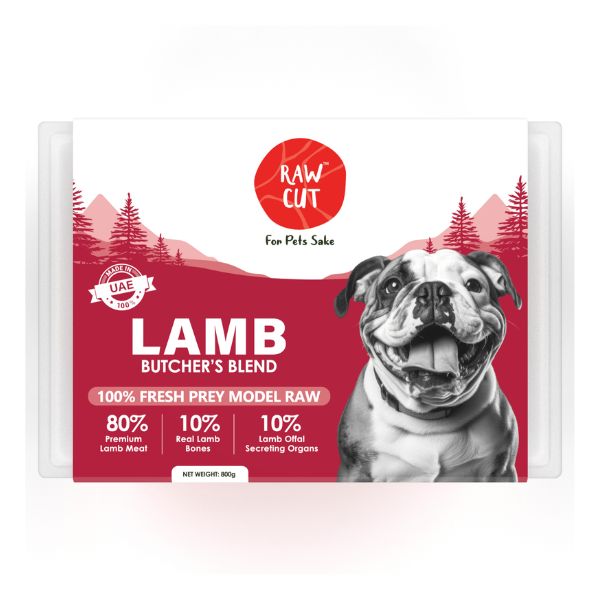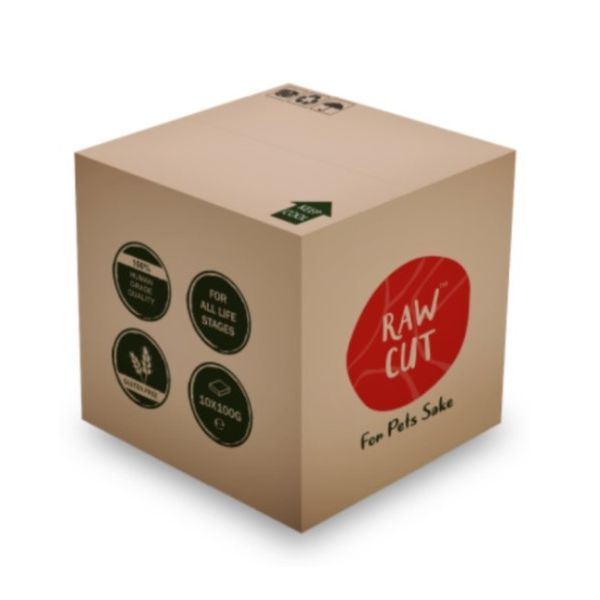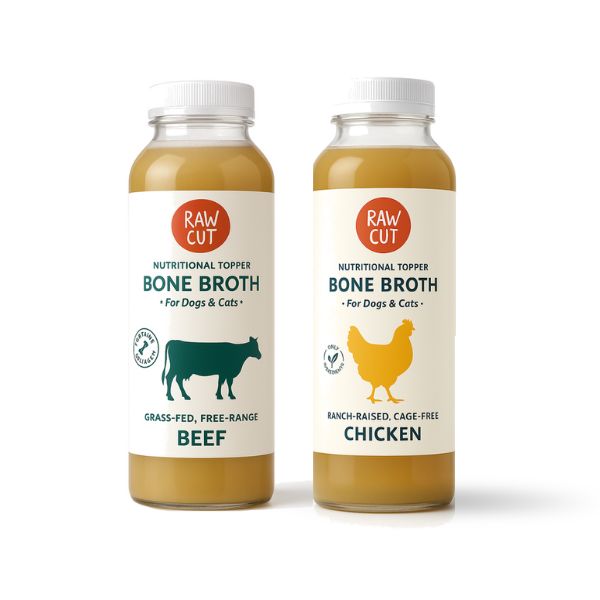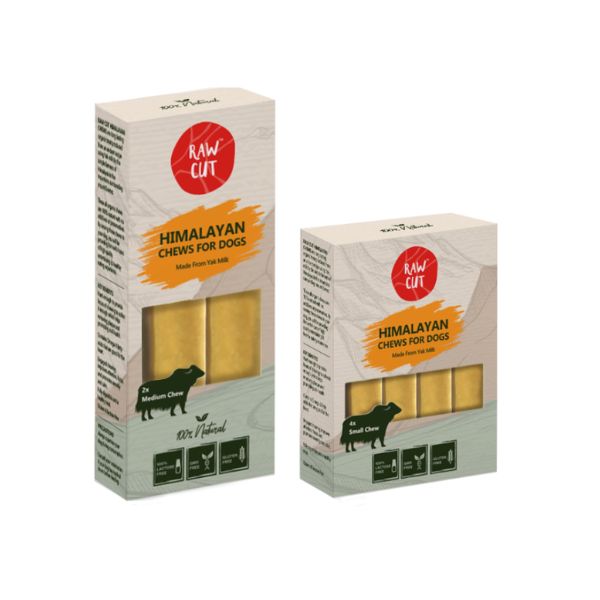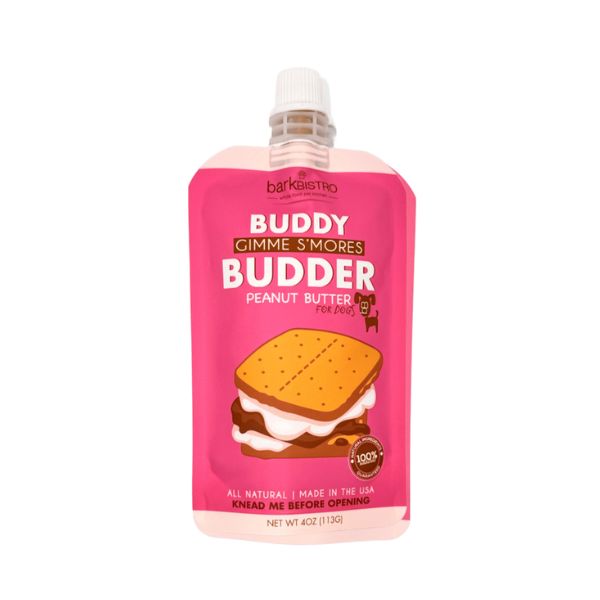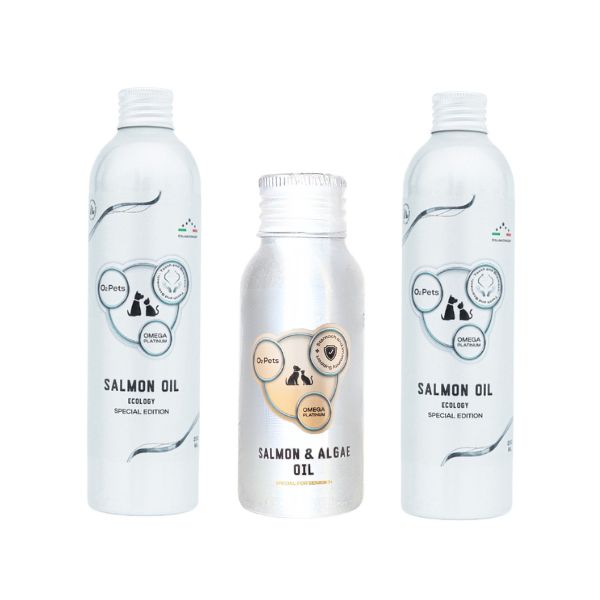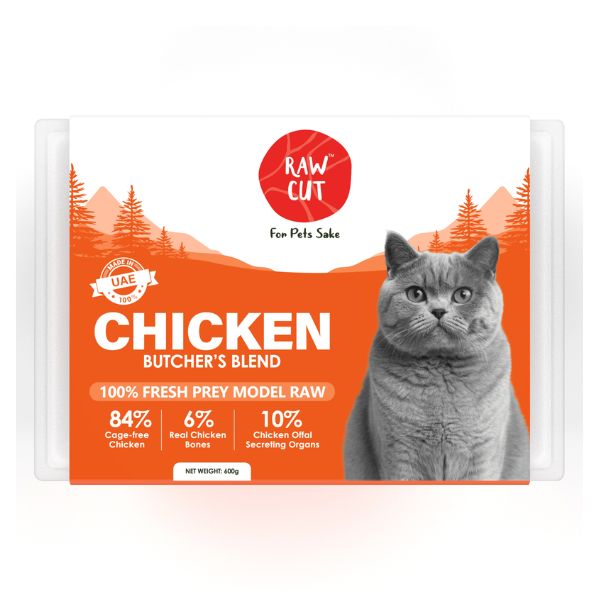MEAT THEIR EXPECTATIONS
Have you had your light bulb moment about feeding your cat?
Cats are obligate carnivores. Let’s try and understand that statement better. When people refer to cats as obligate carnivores, they are attempting to emphasise how distinct cats are from many other meat-eating predators.
What is an obligate carnivore, and how does it differ from a regular carnivore?
Obligate means "by necessity” - In other words, restricted to one particularly characteristic mode of life & bologically essential for survival.
It's easy to see how obligate and carnivore go together. Cats must consume meat; it is a biological requirement. This may come as a shock to some of you, but, there’s no such thing as a Vegan Cat!


